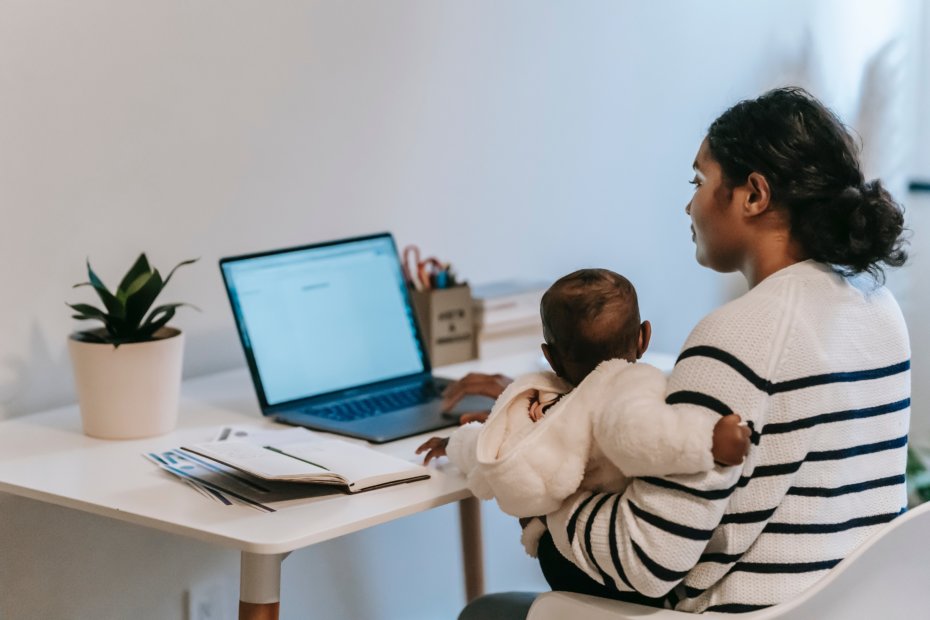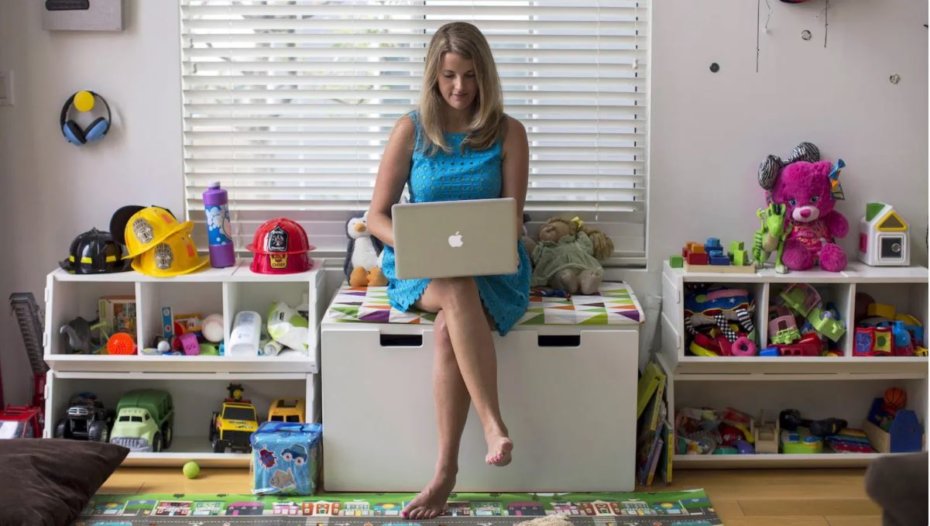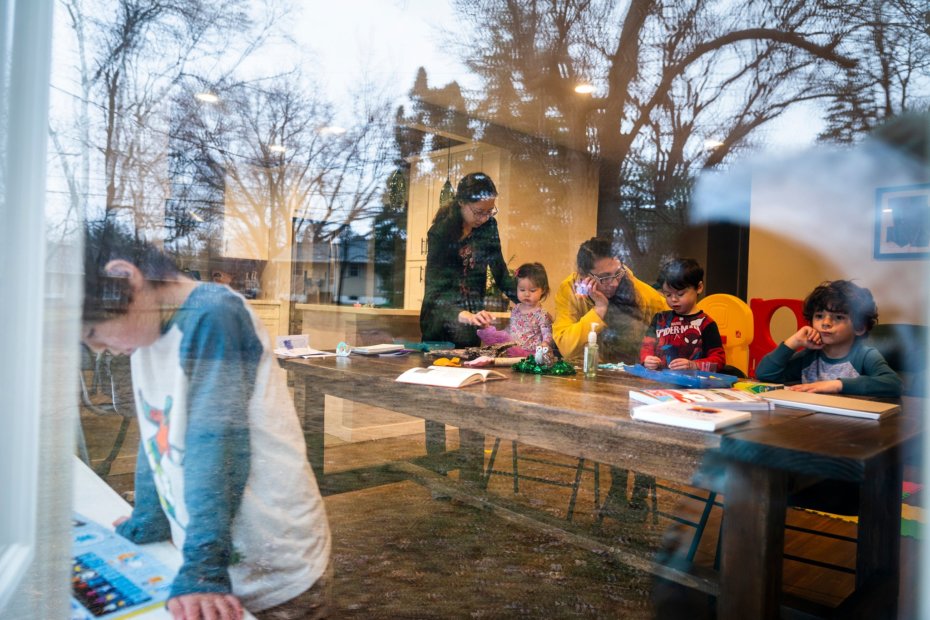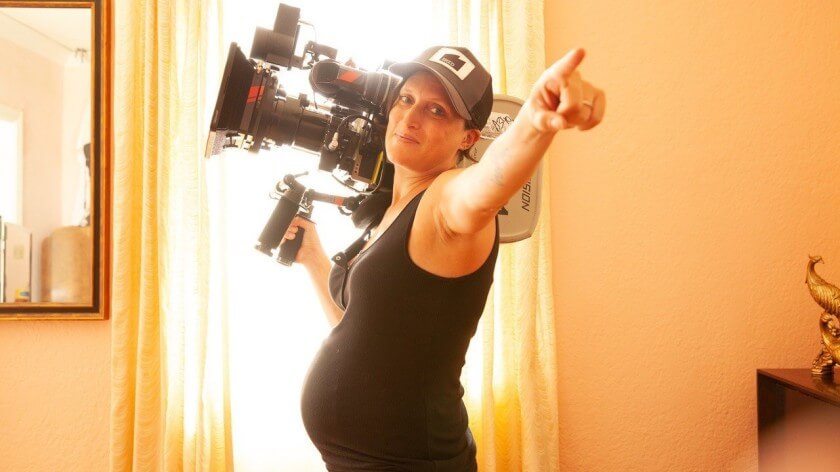Normative Discrimination and the Motherhood Penalty
This research proposes and tests a new theoretical mechanism to account for a portion of the motherhood penalty in wages and related labor market outcomes. At least a portion of this penalty is attributable to discrimination based on the assumption that mothers are less competent and committed than other types of workers. But what happens when mothers definitively prove their competence and commitment? In this study, we examine whether mothers face discrimination in labor-market-type evaluations even when they provide indisputable evidence that they are competent and committed to paid work. We test the hypothesis that evaluators discriminate against highly successful mothers by viewing them as less warm, less likable, and more interpersonally hostile than otherwise similar workers who are not mothers. The results support this “normative discrimination” hypothesis for female but not male evaluators. The findings have important implications for understanding the nature and persistence of discrimination toward mothers.
Feminism, Equity and the Family-Centred Workplace
Gaps in gender equality are narrowing globally, but significant challenges persist in all countries. Approaches to improve gender equality need to be made by individuals and at the organisational level. Egalitarian men can do their utmost to promote opportunities for women in medicine and science. But to quote feminist Mary Beard, ‘you cannot easily fit women into a structure that is already coded male; you have to change the structure’.
This Calculator Puts a Dollar Value on the Invisible, Unpaid Work Done by Women
QUARTZ AT WORK FEBRUARY 28, 2018 BY ANNALISA MERELLI & YOUYOU ZHOU Liberian activist Leymah Gbowee won the Nobel Peace Prize in 2011 after turning a grassroots women’s movement into the force that ended her country’s civil war and eventually led to the election of Ellen Johnson Sirleaf, the first female president on the African continent. Gbowee also has a …
Nearly Half of Men Say They Do Most of the Home Schooling. 3 Percent of Women Agree.
Home schooling, the new parental chore brought about by coronavirus lockdowns, is being handled disproportionately by women, according to a new poll by Morning Consult for The New York Times. Fathers don’t necessarily agree — nearly half of those with children under 12 report spending more time on it than their spouse — but just 3 percent of women say their spouse is doing more. Eighty percent of mothers say they spend more time on it.
The Impact of COVID-19 on Gender Equality
The economic downturn caused by the current COVID-19 outbreak has substantial implications for gender equality, both during the downturn and the subsequent recovery. Compared to “regular” recessions, which affect men’s employment more severely than women’s employment, the employment drop related to social distancing measures has a large impact on sectors with high female employment shares. In addition, closures of schools and daycare centers have massively increased child care needs, which has a particularly large impact on working mothers. The effects of the crisis on working mothers are likely to be persistent, due to high returns to experience in the labor market. Beyond the immediate crisis, there are opposing forces which may ultimately promote gender equality in the labor market. First, businesses are rapidly adopting flexible work arrangements, which are likely to persist. Second, there are also many fathers who now have to take primary responsibility for child care, which may erode social norms that currently lead to a lopsided distribution of the division of labor in house work and child care.
The Remote Work Report by Zapier
Will the office be obsolete by 2030? Knowledge workers think so.
About three-quarters of knowledge workers would be willing to quit a job that didn’t allow remote working for one that did.
Companies looking to attract and retain talent should think about their remote work policies. 95 percent of U.S. knowledge workers want to work remotely, and 74 percent would be willing to quit a job to do so.
Women value remote work more than men, but are less likely to have the opportunity.
62 percent of female knowledge workers say the option to work remotely is one of the perks they would most want an employer to offer, as opposed to just 53 percent of male knowledge workers. And yet there are significant gender disparities: 40 percent of female knowledge workers say they don’t work remotely because their company doesn’t allow it, compared to 25 percent of men of the same group saying the same thing.
Hollywood working moms and the brutal conflict between family and career
Nearly every mother in Hollywood has a horror story.
There was the time screenwriter and showrunner Aline Brosh McKenna was 8½ months pregnant and a studio executive joked, “I guess today would be a bad day to punch you in the stomach.” There was the time Nisha Ganatra, director of the upcoming Mindy Kaling film “Late Night,” went on a scouting trip to India when she was a new mom and found herself driving around the country in a van “with 15 dudes,” pumping breast milk in “a woodshed in the middle of a desert and an outhouse behind a restaurant.” There was the time a dream job offer fell through for Oscar-nominated “Mudbound” cinematographer Rachel Morrison because producers panicked that she’d be going back to work a few weeks after giving birth — something she was willing to do to help realize one of the most exciting scripts she had ever read. The experience, she says, “made me acutely aware of the prejudices in this industry, specifically in my line of work.”
Life of the Mind: Stories of Lives Upended
In 1992, Aleksandar Hemon traveled to Chicago on a journalistic exchange — and, when his native Bosnia was engulfed by war, found himself stranded. He wrote his first short story in English in 1995. Since then, the literary accolades have flowed, including a 2003 Guggenheim Foundation grant, a 2004 “genius grant” from the MacArthur Foundation, two PEN awards, and two National Magazine Awards. His first novel, The Lazarus Project (2008), was a finalist for both a National Book Award and a National Book Critics Circle Award.
Last fall, Hemon joined the Program in Creative Writing as a professor. His latest work is two conjoined memoirs: My Parents: An Introduction and This Does Not Belong to You (Farrar, Straus and Giroux). The family memoir came first. But as he revisited his childhood, Hemon says, “a lot of strange, interesting and baffling memories popped up,” and he assembled those “fragments and reflections” into This Does Not Belong to You.
Read this before you have a baby (especially if you’re a woman)
It seems so obvious: having kids affects men and women differently. Sure, emotionally and financially but most clearly in the simple way mothers and fathers spend their time. And when you actually look at how 10,900 Americans carve up 24 hours, the conclusion is pretty stark: if you’re a woman who enjoys paid work or relaxing activities, having kids will cramp your style. Being married with kids also isn’t looking like a great idea according to the numbers.
- Page 1 of 2
- 1
- 2










